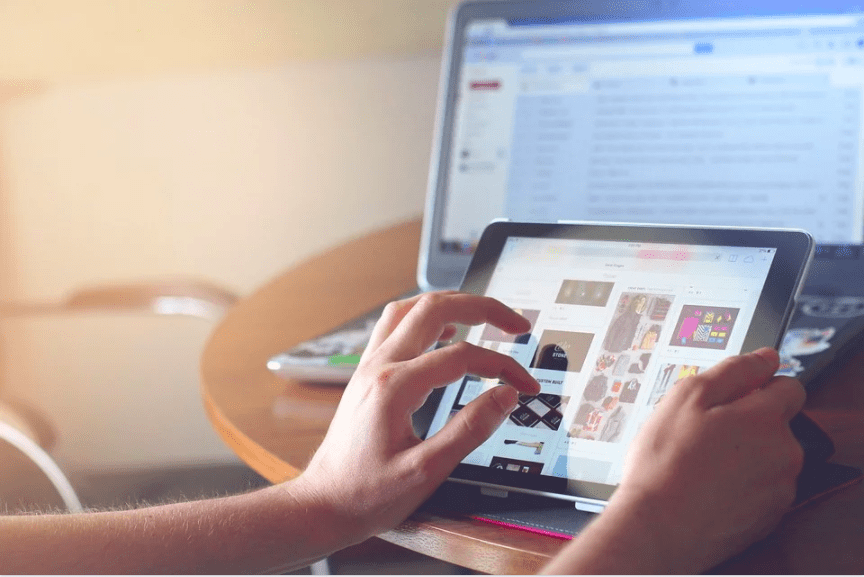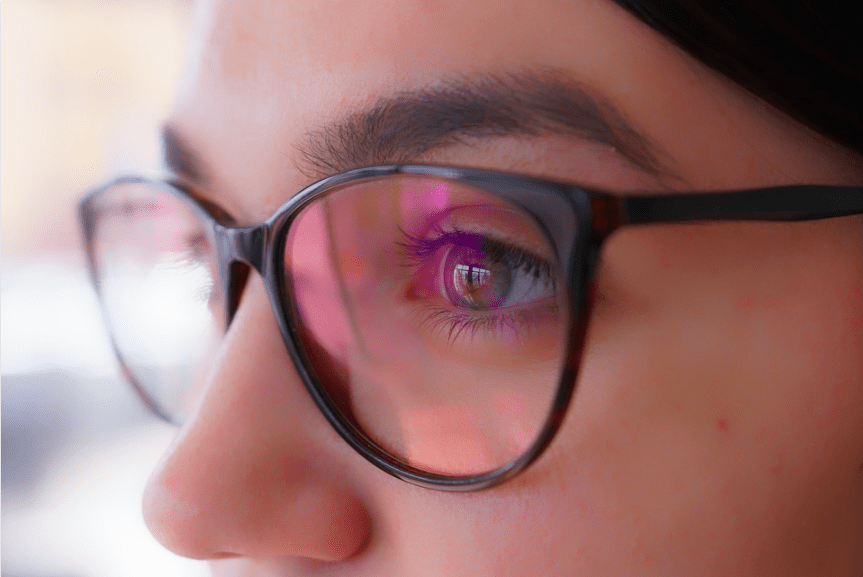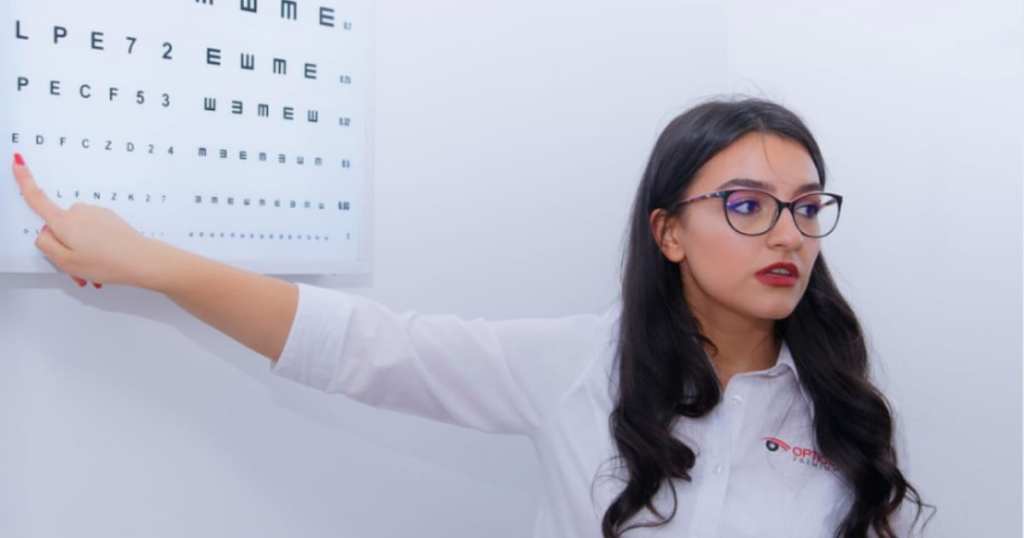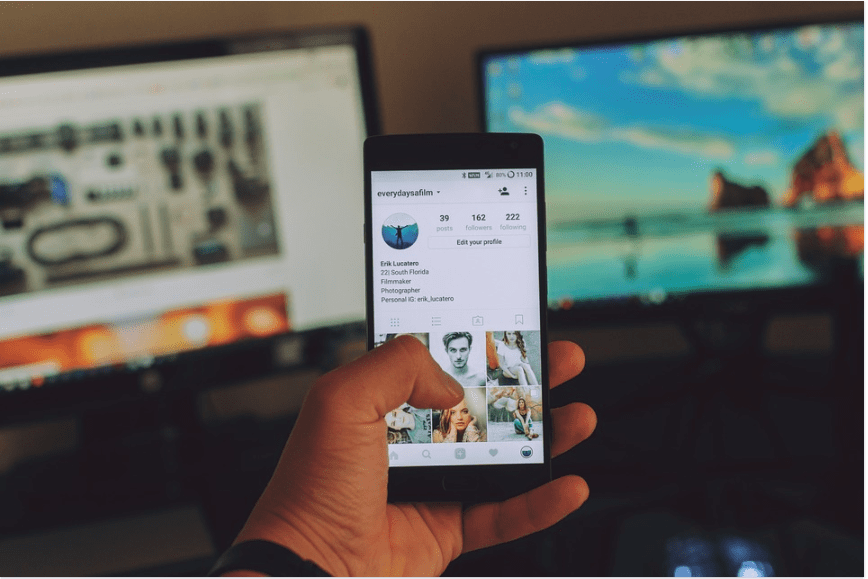The rapid advent of cell phones and tablets and other screens that emit blue light has sent health experts scrambling to figure out whether or not it’s damaging our bodies or making it hard for us to turn off and sleep – and while the latter may be true, it turns out the former is not.
Blue light has a short wavelength, which means it’s high-energy and has the potential to damage delicate eye tissue. Not only that, but it also passes through the eye to the retina, which houses the foundation of all sight.

Image Credit: Pixabay
In lab studies, prolonged exposure to high-intensity blue light has been shown to damage retinal cells in mice, but in people? It’s a whole different story.
Scientists have suspected this for years, given that sunlight is mostly blue light, and there’s never been any study linking sunlight exposure with age-related macular degeneration. Basically, if being out in the sun over the years doesn’t damage your eyesight, and sunlight is 100,000 times brighter than the light from your screen, then your screens probably aren’t going to make you go blind.
So if you’re interested in protecting your vision and keeping your eyes healthy, even if you sit in front of a computer screen all day, blue light isn’t your biggest concern.
That said, even if staring at screens all day isn’t going to negatively impact your vision, blue light can still cause harm. The wavelength of blue light does disrupt healthy sleep patterns – it basically tricks your brain into thinking it’s daytime, and that you should be alert, even when it’s dark.
So, the science telling you to avoid screens in the hours before bed is solid. The dimmer your environment while you’re preparing to sleep the better.
If a better night’s sleep – and a more rested feeling in the morning – is what you’re after, make sure you turn off your devices before bed, and when you’re looking at them in the evening hours, lower their brightness levels. Make sure you’re wearing the correct glasses or contact lens prescription and keep eyedrops around for when your eyes are feeling dry after staring at your computer for too long.

Image Credit: Pixabay
The American Optometric Association recommends following the 20-20-20 rule: take a 20-second break every 20 minutes to look at something 20 feet in the distance. It’s meant to allow your eyes to blink and relax, and there are apps out there meant to remind you to follow the advice.







